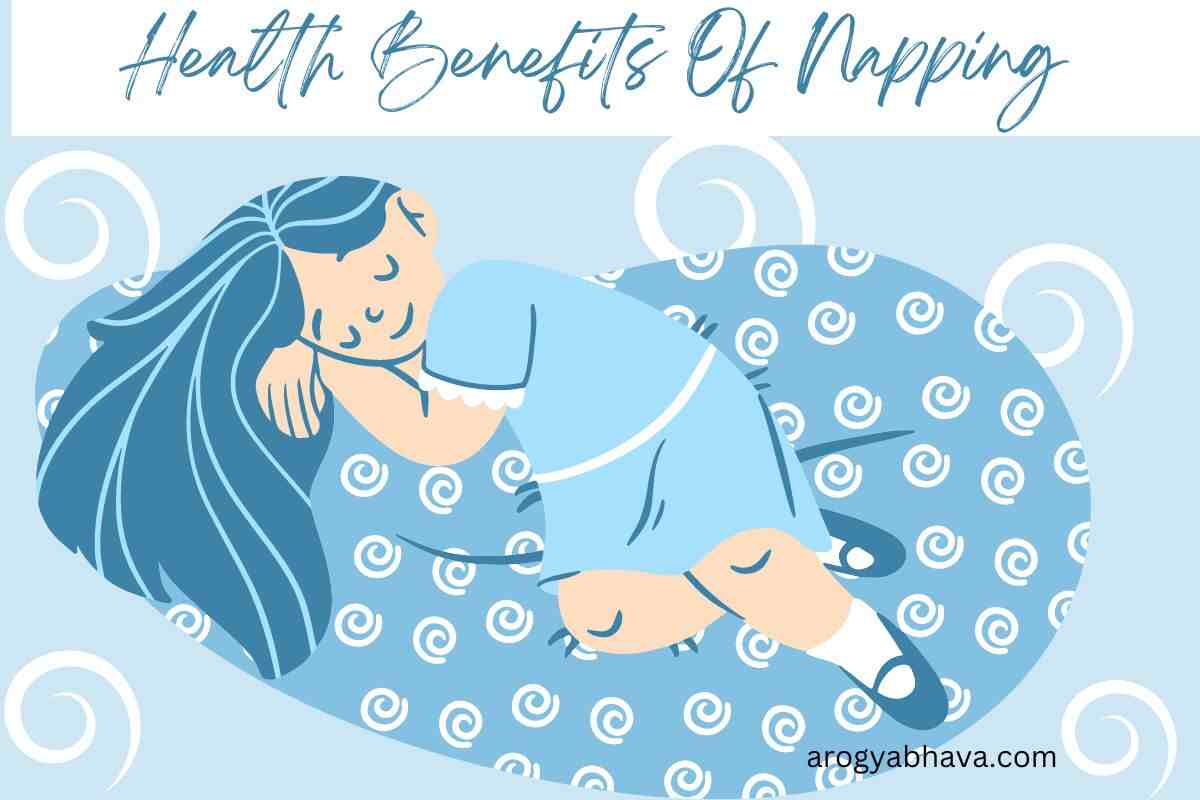Nap Benefits: 5 Health Benefits Of Napping

Nap Benefits: Sleep is essential to be physically and mentally fit. In addition to a good night’s rest, napping has many benefits.
While it is part of the habits of many people in hot countries, it is not common for people in western countries, such as France or Canada, to take a nap.
Top 5 Nap Benefits
Whether for lack of time or prejudice, this short moment of rest is largely neglected in adulthood. The most recent studies, however, praise the merits of the nap.
1. A solution to insomnia
A study conducted by the National Institute for Prevention and Health Education (INPES), published in 2008, showed that 17% of French people aged 25 to 45 accumulate a sleep debt every night. In Canada, nearly 40% of the population would experience sleep disorders according to researchers from Laval University. They would also be 12% to suffer from insomnia.
According to research by The National Center for Biotechnology Information, recovering from one hour of missing sleep can take up to four days, and eradicating all sleep debt can take up to nine days. Our body returns to its normal state after fully recovering from sleep debt, which lessens the side effects of sleep loss.
The resulting negative effects are numerous: stress, lack of concentration, mood swings, etc. The naps would make it possible to catch up on lost sleep and, by the same token, to alleviate the inconveniences which result from it. However, they should not exceed 30 minutes, otherwise, they would only aggravate the symptoms.
2. 10 minutes to reinvigorate
Naps of 10 minutes would be the most effective compared to those of 5 or 30 minutes. This was concluded by a study published in 2006. In particular, they would make it possible to improve cognitive abilities, restore vigour, counter fatigue, and increase alertness. These benefits lasted up to two and a half hours after waking up. Unlike longer naps, 10-minute naps do not cause post-wake sleepiness. Longer-term effects are also recognized, including a reduced risk of developing cardiovascular disease.
3. A biological need
Many researchers support the theory that the nap is the result of an innate biological rhythm in mammals, including humans. Between 2 p.m. and 3 p.m., significant drowsiness is generally felt, accompanied by a significant decrease in alertness. This sudden fatigue occurs as much in people who are sleep deprived as in those who are well-rested. In order to counter this drop in energy, it would be beneficial to sleep for about ten minutes.
4. A Nap; a source of creativity and efficiency!
Several studies have established a link between napping and increased cognitive and psychomotor performance. This moment of rest granted in the middle of the day would make it possible to have a better memory and to consolidate learning. People who take a nap are more dynamic and creative in the afternoon compared to those who do not take a nap. Thus, large companies are more and more likely to promote this practice to their employees. People with very busy schedules benefit more from it since it allows them to regain 1 to 2 hours of sleep when performed on a daily basis.
5. Even more beneficial for the elderly
With age, the number of hours of sleep tends to decrease to an average of 6.5 hours per night. Statistics show that taking into account the hours of sleep during the day and night, the total rest time of the elderly reaches the recommended proportions. Thus, naps of a longer duration would be favourable to them.
Read Also: Sleep and Mental Health: The Importance of Good Sleep